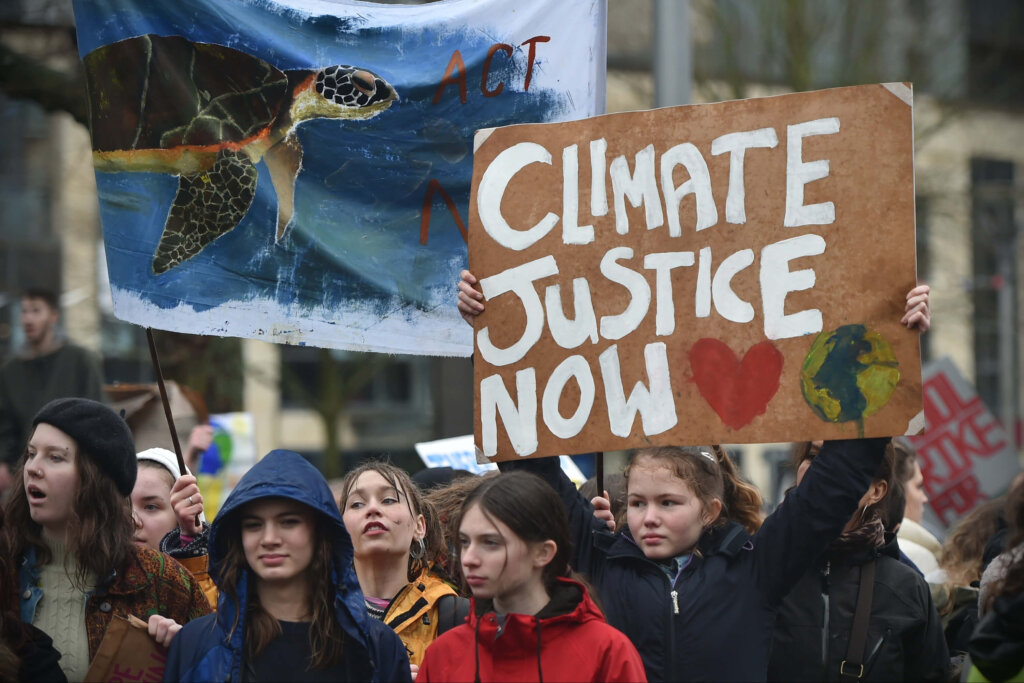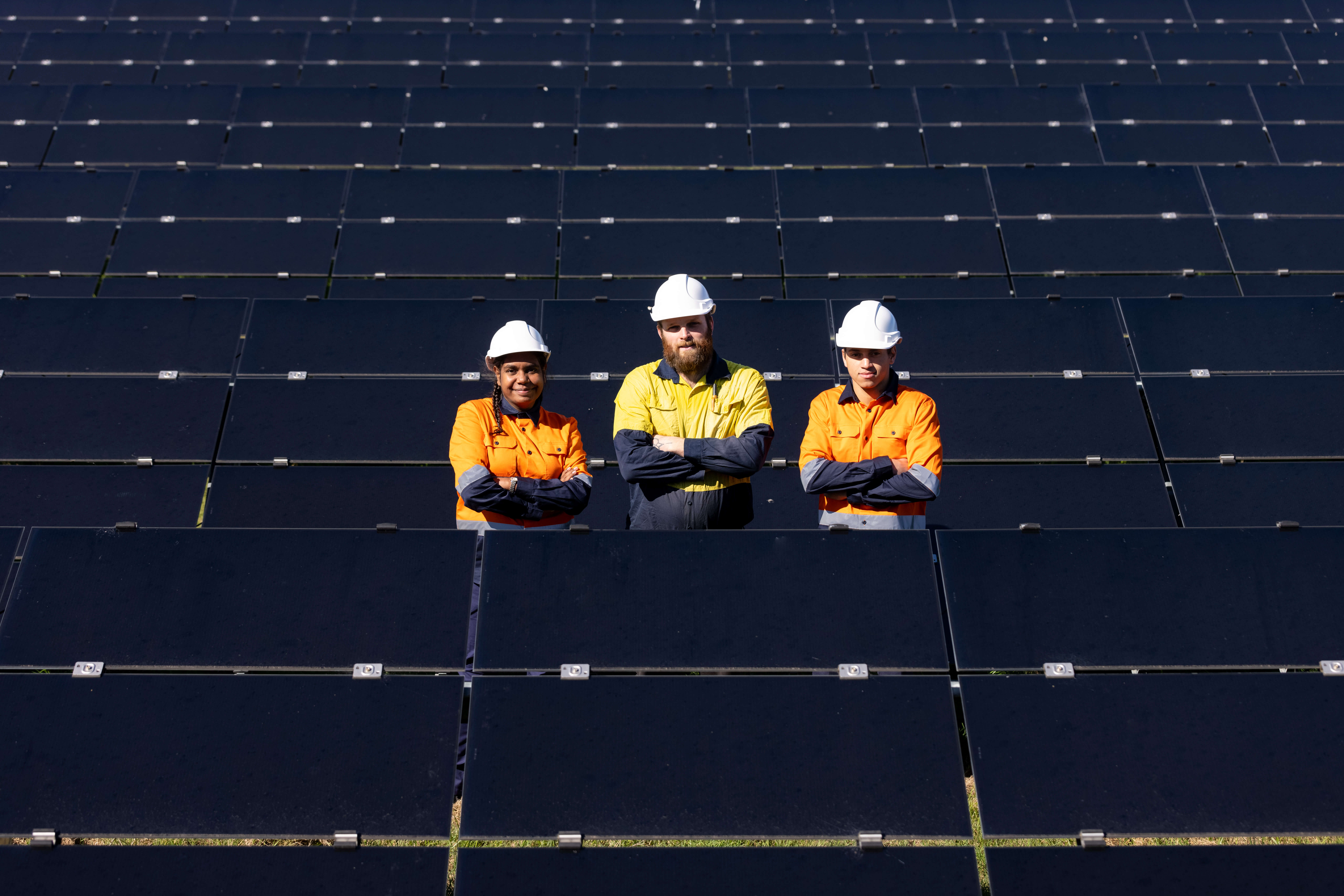EJA lawyers helped the climate movement stop the Morrison Government from gutting Australia's dedicated renewable energy funder
The Australian Renewable Energy Agency (ARENA) was established in 2012 as a dedicated public renewable energy funder.
Yet the Morrison and Abbott governments consistently tried to redirect public money from ARENA to bankroll fossil fuel technologies.
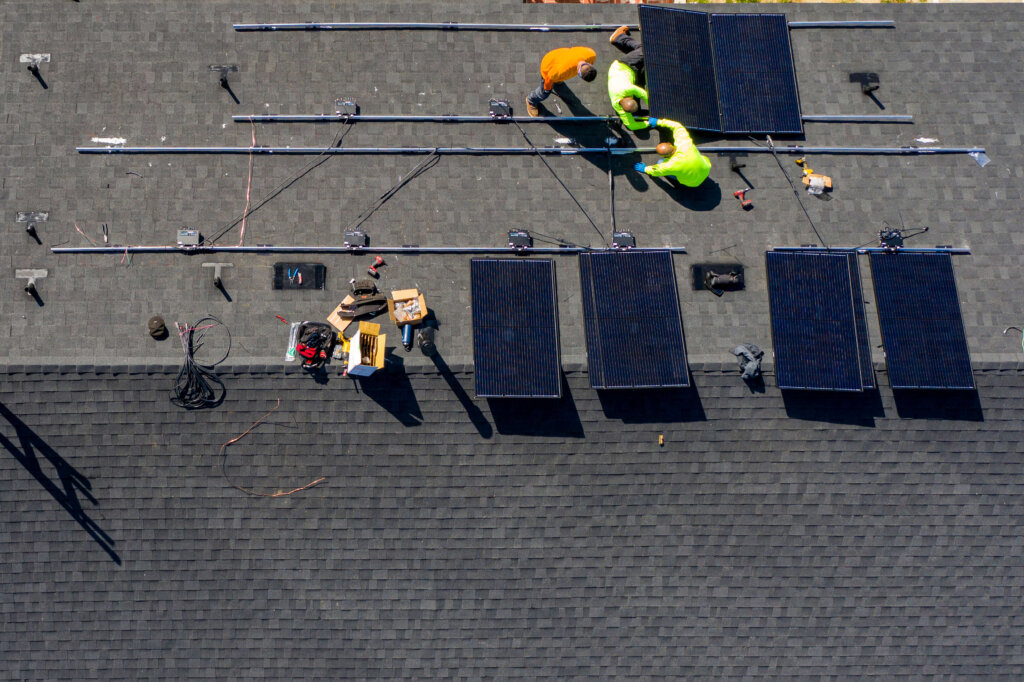
Why was this necessary?
It costs money to rapidly scale up climate solutions, and ARENA – as Australia's dedicated renewable energy funder – plays a vital role.
ARENA was established in 2012 to improve the competitiveness and supply of renewable energy in Australia. It provides financial assistance to support research into and deployment of renewable energy technologies.
ARENA's success has been a big factor in Australia’s renewable energy gains.
Yet for years, the Morrison and Abbott governments tried to redirect public money from ARENA to bankroll fossil fuel technologies.
In 2021, Energy Minister Angus Taylor attempted to bypass the Parliament to implement new regulations to task ARENA to fund programs including Carbon Capture and Storage (CCS), fossil-fuel based hydrogen projects and undefined “low emission” technologies, rather than helping propel Australia towards renewable energy sources.
These controversial regulations were issued by federal energy and emissions reduction minister Angus Taylor and attempted to expand the responsibilities and investment remit of ARENA and redirect its funds to fossil fuel technologies.
These technologies are unproven, wishful thinking – marketing ploys used to prop up the fossil fuel industry at the expense of the renewable projects ARENA currently supports.
CCS is currently being deployed to prolong fossil fuel dependency. It proponents use it to justify climate-damaging projects, but this minimises efforts to transition away from fossil fuels.
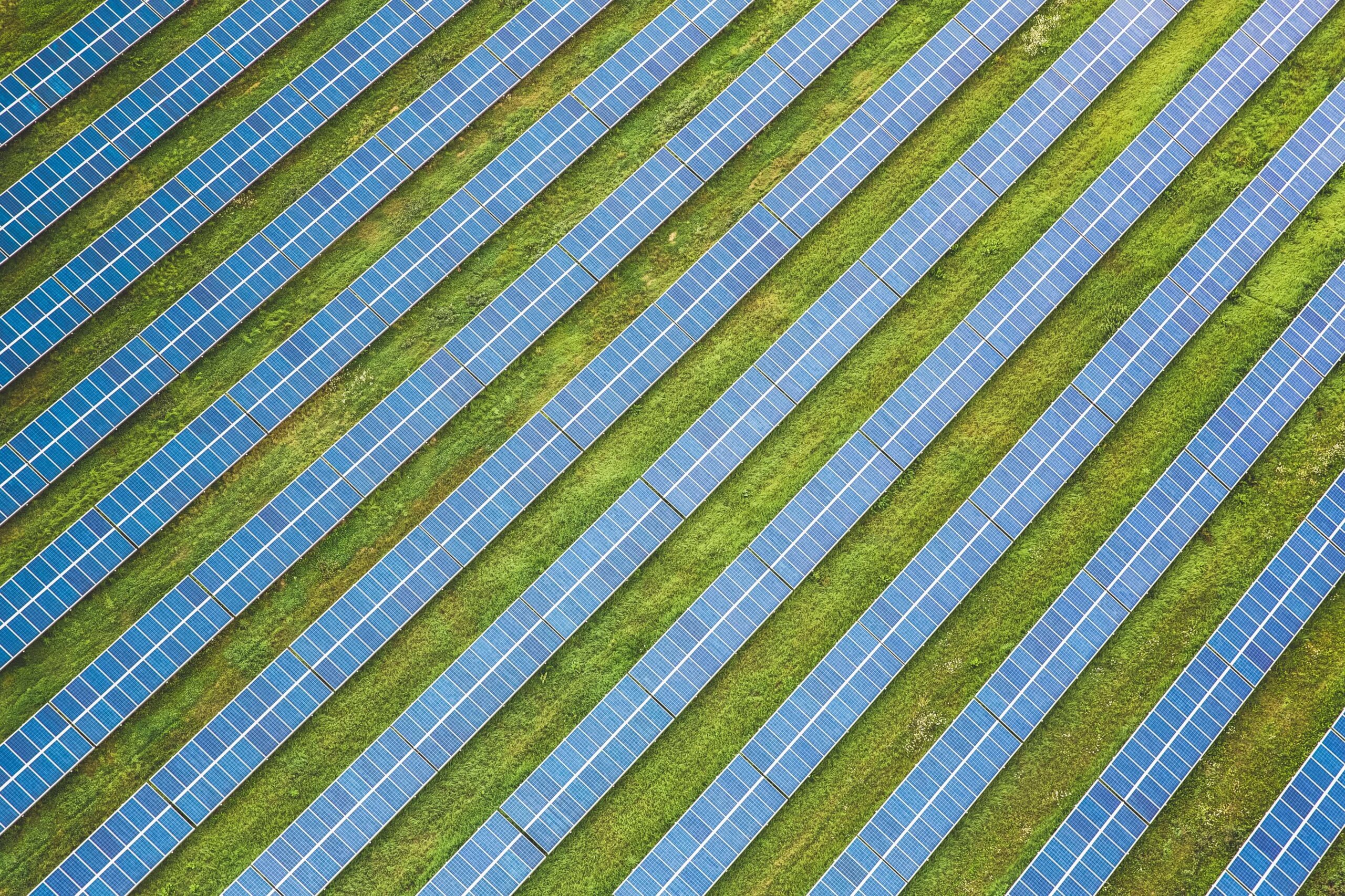
What did we do?
EJA lawyers worked closely with climate organisation partners including the Australian Conservation Foundation, Solar Citizens, Smart Energy Council and GetUp, to demonstrate just how unacceptable the changes were.
We sought legal advice on whether there were legal grounds to challenge the proposed Regulations.
We made the legal details understandable, and legal ran briefings outlining why the Morrison government’s proposals were bad in law and bad for future generations.
Our advice was used by climate organisations in their advocacy, which helped to secure enough support to disallow and block the regulations by vote.
What happened next?
In June 2021, Labor, the Greens and cross-bench senators blocked the Morrison government’s plans to invest taxpayer funds into fossil fuels and adjacent technologies.
Then, in October 2021, the Morrison government again attempted to radically reshape Australia’s dedicated renewable energy funder and direct it to fund carbon capture and fossil fuel hydrogen technologies.
Legal advice sought by Environmental Justice Australia found the move was “at odds” with the purpose for which ARENA was established and “thus potentially beyond regulation-making power”.
The advice by top barristers, including Fiona McLeod AO SC, advised that the Regulations were well open to legal challenge on multiple fronts.
Just a day before the federal budget, the Senate was set to vote on a second disallowance motion brought by a Liberal-led Senate Committee to block the Coalition’s regulations for the Australian Renewable Energy Agency to fund fossil fuel technologies including carbon capture and storage and blue hydrogen.
The Liberal-led, bi-partisan committee urged the regulations to be abandoned, raising repeated concerns the regulations are unlawful and inappropriate. Throughout history, the Senate Committee has only acted to bring on a disallowance motion a handful of times, and in all known cases the regulations have been struck down.
Ultimately, the new ARENA regulations were cancelled due to this disallowance motion, which was ultimately not voted on, and meant that, under Senate rules, the regulations were deemed to be disallowed.
It was a huge win for clean energy and climate action in Australia!

“It doesn’t matter whether you look at this in legal or policy terms – trying to take ARENA’s eyes off its renewables mission right now is a high risk, bad move. ARENA has a critical role to play in ensuring a safe climate for all Australians and that we can take our place as a renewable energy super power.”
— Hollie Kerwin, former EJA Principal lawyer and climate lead

More on Carbon Capture and Storage (CCS), blue hydrogen and ‘low-emission’ technologies
Fossil fuel companies and their lobbyists would like you to believe their marketing ploys are true – that continuing to burn fossil fuels is a magical solution to climate damage.
CCS involves capturing, transporting and storing greenhouse gas emissions from projects with high greenhouse emissions, including fossil fuel power stations. CCS projects are expensive and despite billions of dollars of investment, remain an unproven technology.
CCS technologies have been described by the Climate Council as an ‘expensive failure’. They are marketing ploys and wishful thinking, peddled by coal and gas companies in the hope that governments will give them public money to continue extracting and burning coal and gas.
For example, Chevron’s Gorgon Gas Plant in Western Australia, the world’s largest CCS project, cost an estimated $2 billion and has only managed to capture less than half the emissions needed to make the project viable.
CCS prolongs fossil fuel dependency, as it needs to operate in conjunction with projects with high emissions profiles, actively precluding any efforts to transition away from fossil fuels.
Though hydrogen might sound promising, blue hydrogen depends on fossil fuels in its production and is reliant on unproven CCS technology to capture greenhouse gases. This is distinct from green hydrogen, which only uses renewable energy sources such as solar, wind or tidal power in its production.
‘Low-emission’ technologies were intentionally undefined in the regulations. It is therefore unknown what falls within this definition.
It is noted that ‘low-emission’ technologies may be wide enough to cover funding of natural gas projects, as the Morrison government has indicated that funding into ‘gas is part of [their] plan to reduce emissions’.
Explore more of EJA's game-changing legal work
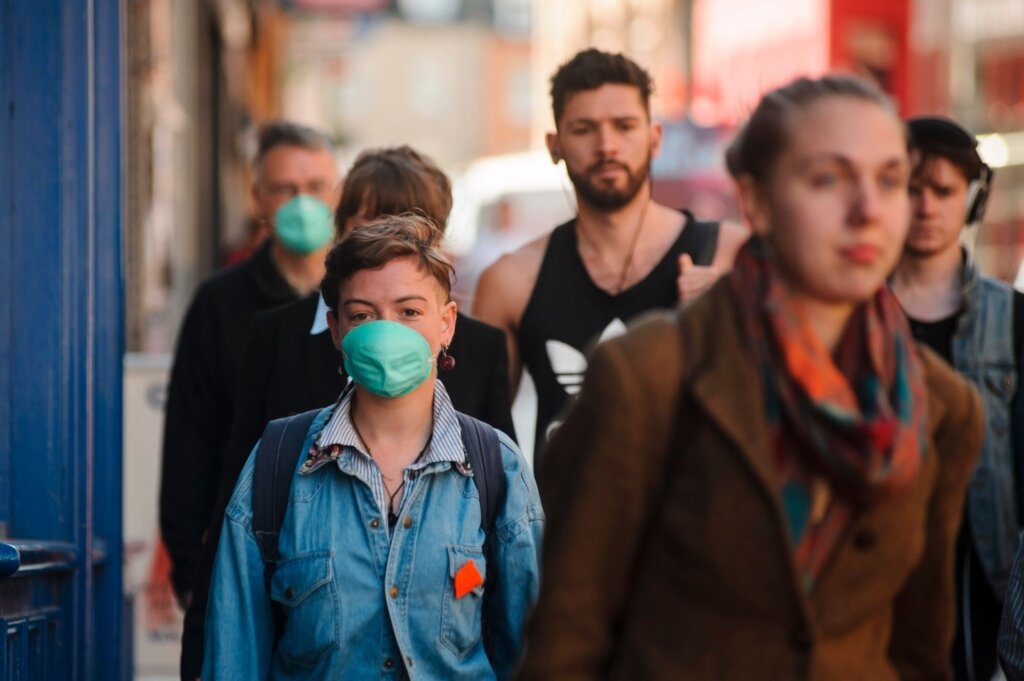
Climate finance
